Enrichment and Academic Support
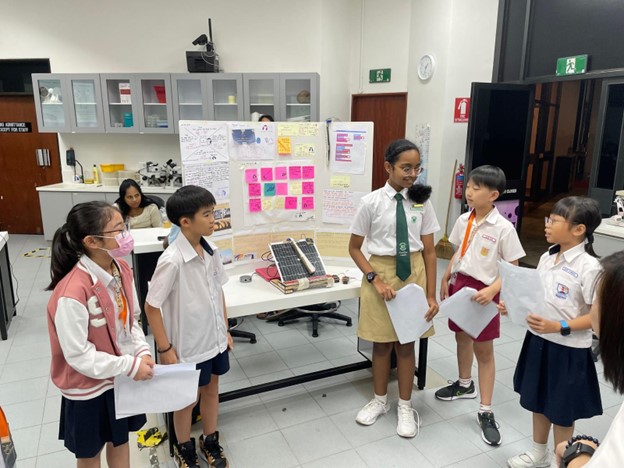
After school, students delve into an area of their interest for their
Targeted Enrichment (TEP) and Elective Enrichment (EEP) programmes! These
initiatives are carefully crafted to complement and elevate our students’
holistic learning, offering a rich tapestry of activities designed to spark
curiosity, foster skills development, and expand horizons beyond the traditional
classroom setting. From immersive STEM projects to dynamic creative arts
workshops, language exploration sessions, and thought-provoking critical
thinking classes, our programmes provide a diverse array of opportunities
for students to explore and excel in their areas of interest and expertise.
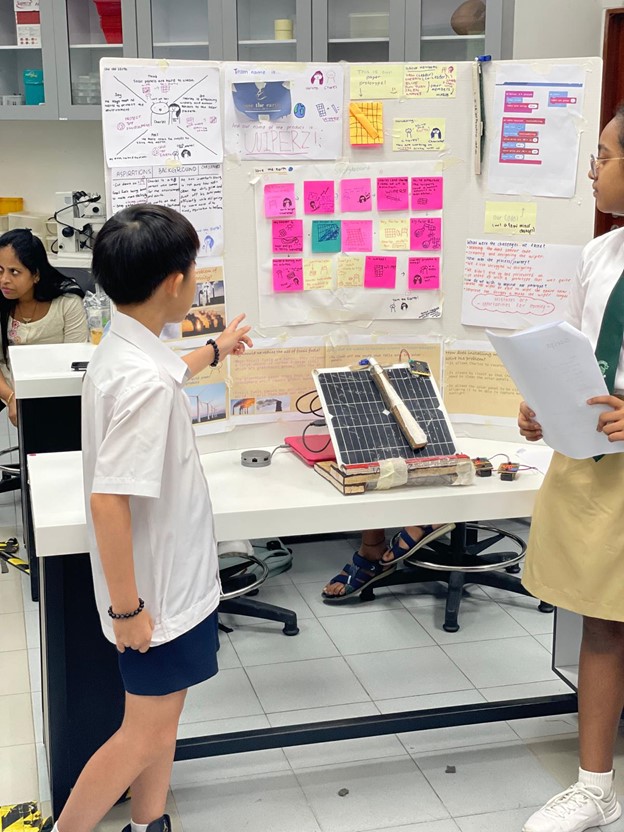
Enrichment Programmes
Enrichment programmes offer students a dynamic and enriching learning
environment that extends beyond the boundaries of traditional classroom
instruction. By fostering creativity, promoting lifelong learning, developing
critical skills, supporting diverse learning styles, and building confidence,
these programmes aim to enhance students' overall educational experience
and prepares them for the future with valuable skills and knowledge.
Enrichment programmes play a vital role in enhancing students' learning experiences in several ways:
Fostering Creativity and Innovation:
Through hands-on, interactive activities such as art projects, science
experiments, and collaborative challenges, students are encouraged to think
creatively, solve problems, and innovate.
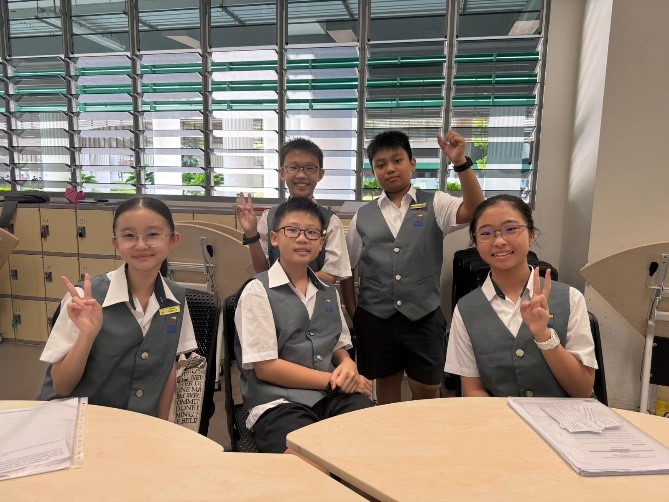
Promoting Lifelong Learning:
Enrichment programmes instill a love for learning and encourage students
to pursue interests outside of the core curriculum. By exposing students
to new ideas, concepts and experiences, these programmes nurture a lifelong
curiosity and passion for knowledge.
Developing Critical Skills:
Many enrichment activities focus on developing essential skills such as
communication, collaboration, critical thinking, and problem-solving. These
skills are invaluable for success in both academic and real-world settings,
empowering students to navigate challenges and adapt to new situations
with confidence.
Supporting Diverse Learning Styles:
Every student has unique interests, strengths, and learning styles. Enrichment
programmes provide opportunities for differentiated instruction, allowing
students to explore subjects in ways that resonate with their individual
preferences and abilities.

Building Confidence and Self-Esteem:
Participating in enrichment activities enables students to set goals,
overcome challenges, and achieve success in areas of personal interest.
As students develop new skills and accomplish tasks outside of their comfort
zones, they gain confidence in their abilities and build a positive sense
of self-esteem.
In essence, enrichment programmes serve as a vehicle for advancing 21st-century competencies by providing students with experiential learning opportunities, fostering innovation and creativity, and preparing them to thrive in a rapidly evolving global society.
|
Targeted Enrichment (TEP) – P5 and P6 students are shortlisted and invited to be part of one of the following programme. • Debate (EL)
|
Elective Enrichment (EEP) – P5 and P6 students are provided the choice to opt for an elective of their choice Offerings for 2024:
|
Teaching Approaches
Socratic Method:
Teachers may employ the Socratic method, asking probing questions to stimulate
critical thinking and encourage students to articulate their ideas and
opinions.
Inquiry-Based Learning:
Students are encouraged to ask questions, explore topics of interest,
and conduct investigations to uncover answers. Teachers serve as facilitators,
guiding students through the inquiry process.
Experiential Learning:
Enrichment programmes often prioritize experiential learning, allowing
students to learn through direct experience and hands-on activities rather
than passive instruction.
Collaborative Learning:
Group work and collaborative projects are common in enrichment programmes,
promoting teamwork, communication, and problem-solving skills.
Flexible Learning Environment:
Enrichment programmes may offer a more flexible learning environment compared
to traditional classrooms, allowing for greater autonomy and self-directed
learning.
Use of Technology:
Technology is often integrated into the curriculum to enhance learning
experiences, facilitate research, and promote digital literacy skills.
Future Plans
As an extension of the after-school programmes, students will be given
options to deepen their learning in the current module they are taking,
in the following year. In addition, the after-school elective enrichment
modules will be refreshed to offer new choices for students every 2 years.

Student Journalism

STEM

Photography
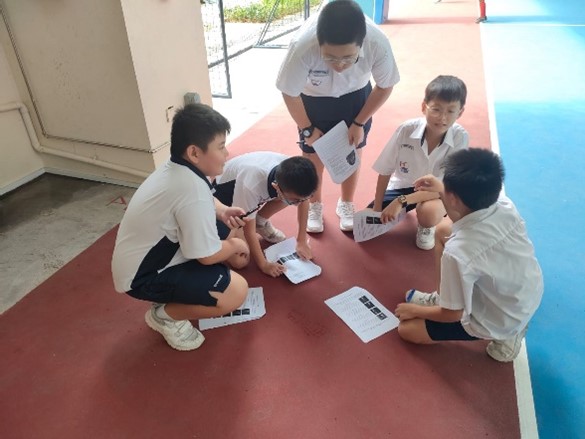
Neighbourhood Navigators (Makers @WAPS)

Calligraphy
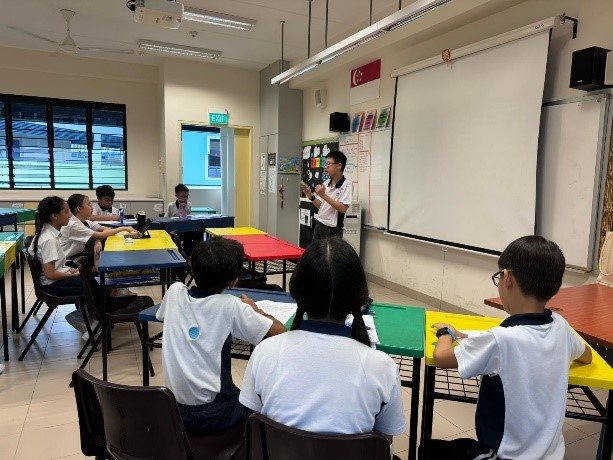
Debate (EL)

E2K Science

